- Chainlink’s oracle technology enables financial advisors to access reliable live updates on critical economic indicators, eliminating dependence on single data vendors.
- Moroney envisions a future where blockchain and AI agents collaborate to build digital trust through verifiable systems.
Laurence Moroney, former AI lead at Google and current Chainlink advisor, believes that oracle networks powered by blockchain can ensure AI agents are secure and can work on a wider scale within wealth management. AI agents, systems capable of executing semi-autonomous workflows, are now rising to prominence in artificial intelligence.
How Chainlink Can Transform The AI Domain
However, these systems must reliably obtain confirmed information to perform well in important areas. According to Moroney, the development of the blockchain industry largely relies on Chainlink’s oracle technology.
When Moroney wrote on AI agents in financial advising, he made it clear that market data should be recent and verifiable. “Chainlink oracles can ensure real-time feeds from multiple independent sources, removing reliance on a single data vendor,” he wrote in a guest post.
For instance, Michael goes to his financial advisor, Sarah, to have some peace of mind that his retirement strategy is still on course. In the past, these relationships were based on trust, promises made out loud, and collected performance records. However, this approach leads to troubled quality and a waste of resources. Thus, Moroney’s suggestion is to use blockchain and AI throughout the whole process.
Through oracles, Sarah’s recommendations could be built with reliable live updates on interest rates, economic markers, or industry indices. Michael, in turn, could verify that these inputs were used without needing to trust the firm’s internal reports.
These oracles form just one part of a comprehensive blockchain-based toolset. According to Moroney, smart contracts with verifiable credentials would let Michael review Sarah’s qualifications and proofs. Meanwhile, Sarah could use zero-knowledge proofs to guarantee she is following Michael’s intended strategy and keeping company secrets secure.
At the same time, the AI handles information for the users. It handles the process of checking authenticity, reads client information carefully and helps to make proofs. Most importantly, it watches Chainlink’s data to automatically trigger smart contracts, update users or make changes to portfolios.
“Trust has historically been built through face-to-face interactions and reputation,” Moroney noted. He further added,
What if instead we had a verifiable system—one where algorithms prove they’re working in your favor without revealing trade secrets?
Moroney Discusses Automation & Confidentiality Factors
Another benefit of smart contracts is that they automate some tasks for you. If Michael agrees, the actions would begin immediately, costs could be evaluated instantly, and the system would monitor parameters. This would make matters smooth and clear for him.
Hence, Moroney pointed out that an effective IT framework isn’t only for the benefit of clients. Advisors can highlight performance without losing their clients’ confidentiality. “Advisors can differentiate themselves through provable outcomes,” he added.
Ultimately, Chainlink’s infrastructure stands at the core of their product. For AI agents to decide correctly, they need trustworthy and protected outside data. In the future, oracles are expected to act as key builders of digital trust as well as providing data.
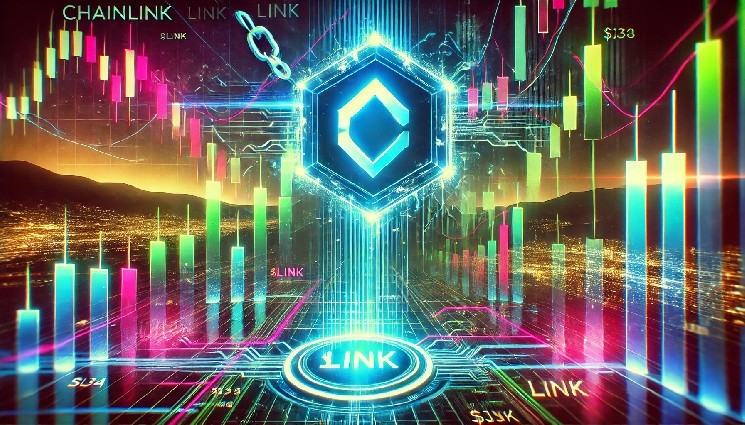
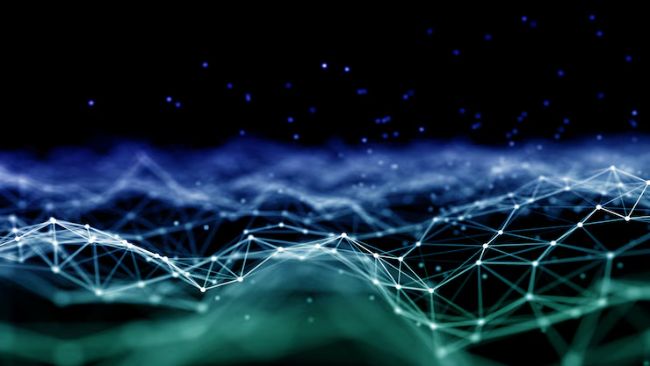


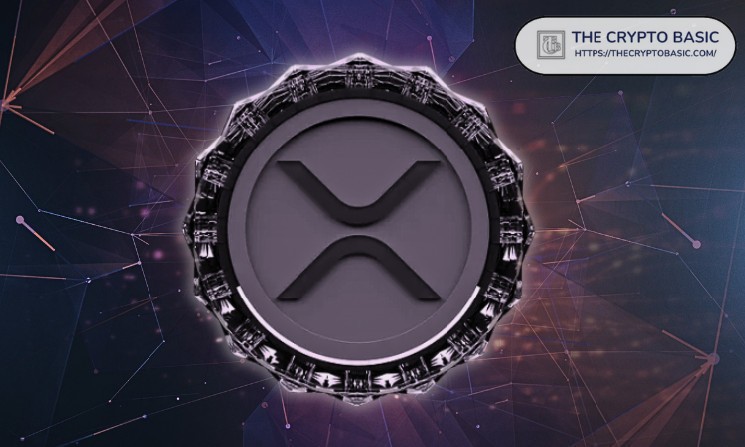

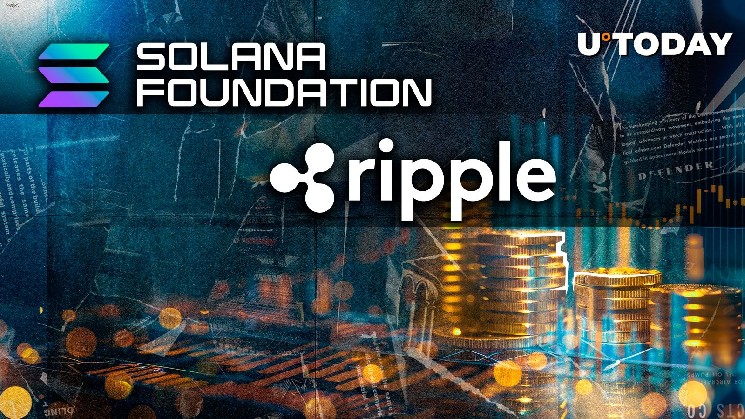
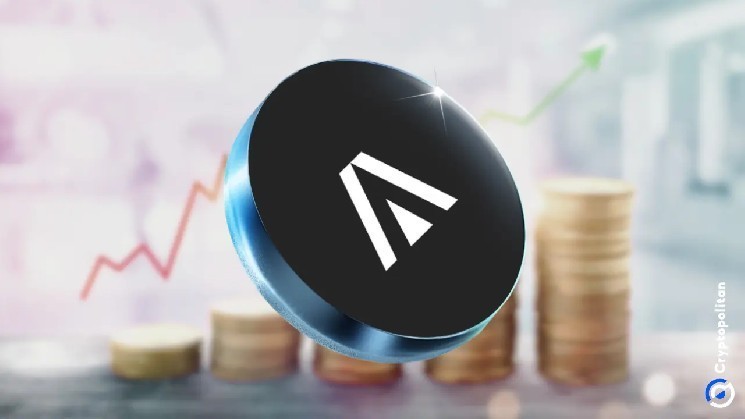
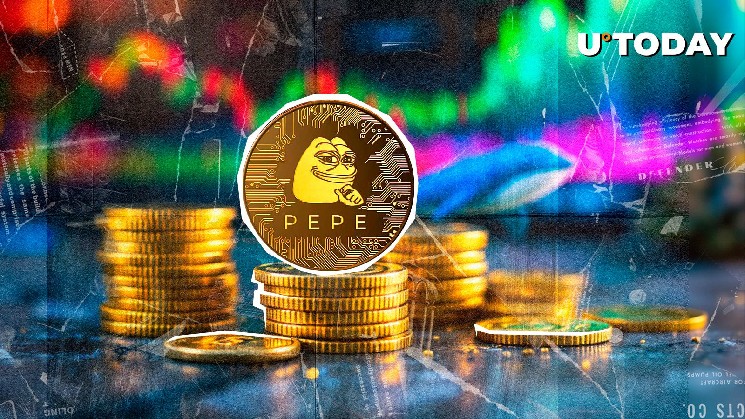
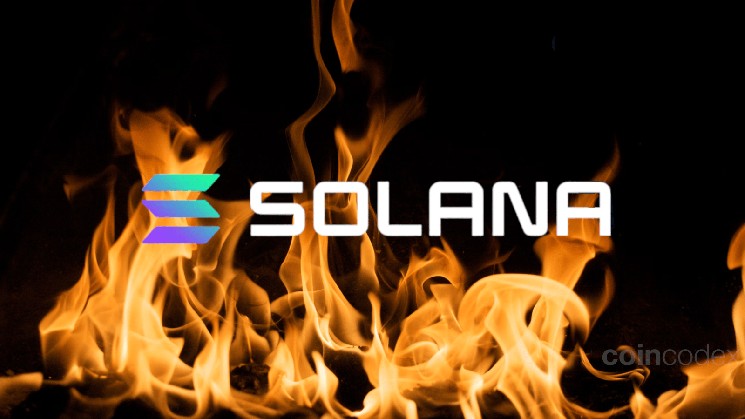
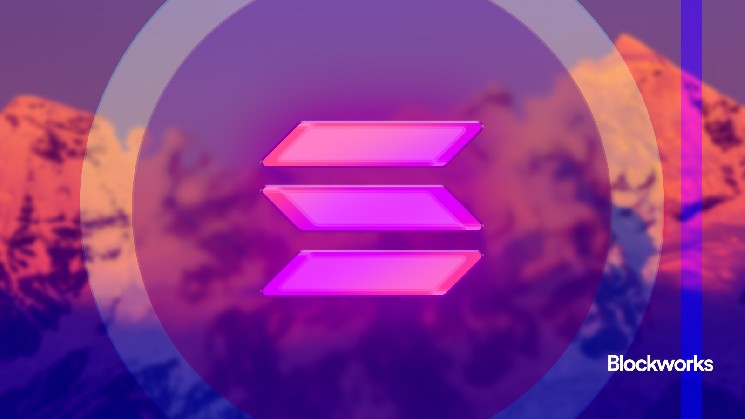


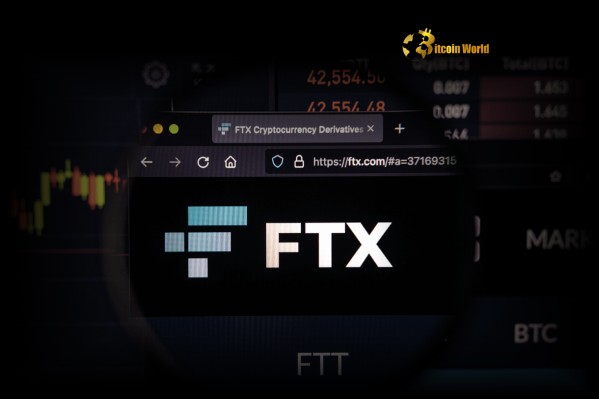
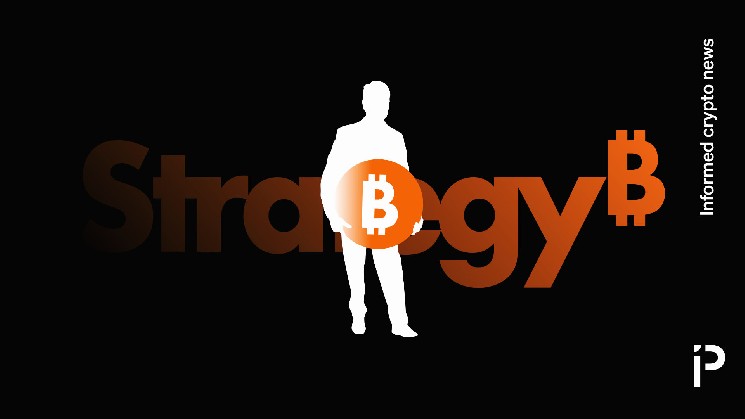
Leave a Reply